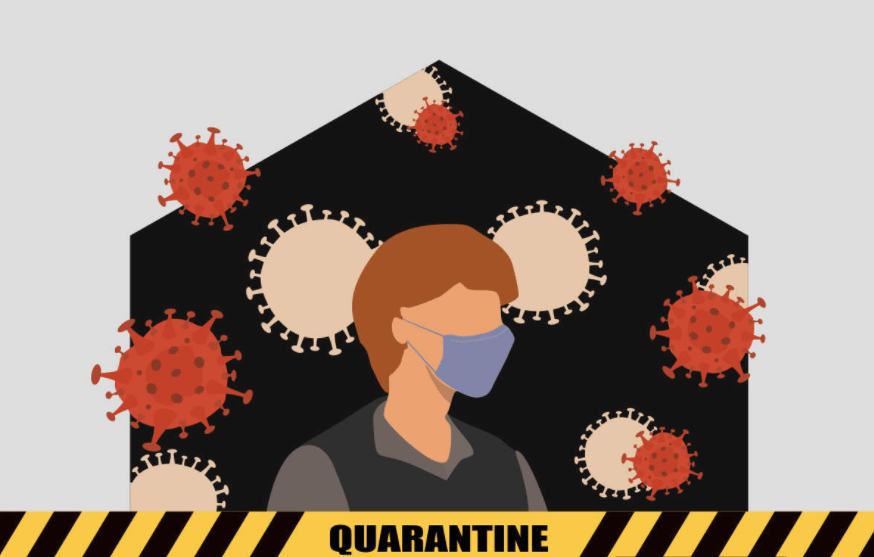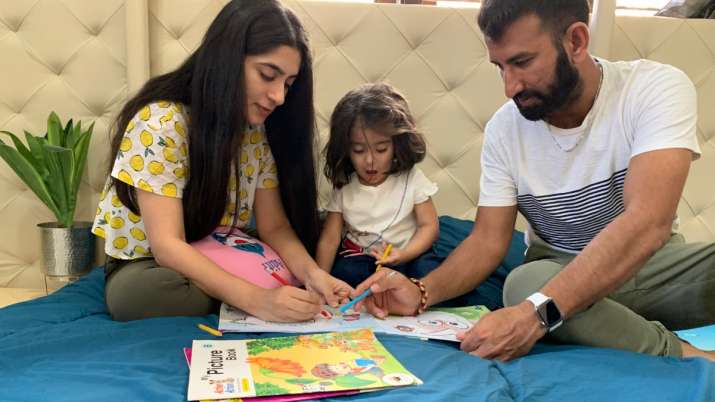The Indian Government has implemented domestic quarantine policies to control the transmission of coronavirus disease (COVID-19). As of 22 March 2020, the whole country has been shutting its doors for 21 days, and the future seems to be even more isolated. With more and more cases being recorded every day, there is a higher chance that this lockdown will be extended until 30 June 2020.

Anyone with a travel background in areas with the highest rates of COVID-19 during February and March and people who have been in close touch with COVID-19 patients, with the help of the local authorities and of large families have been registered and strictly monitored.
Fear and worries about your health and health of your loved ones can be uncommon sign of stress and anxiety during a quarantine period. Changes in sleep or dietary habits with difficulty focusing on work and, in some cases, worsening chronic health conditions. Many people are trying to escape by consuming drugs and through alcohol and tobacco use. If, as described before, you or any of your friends or relatives, notice any of the symptoms, please bring them to your attention immediately. When the lockout is in place, depression will become uglier.
Decreasing the spread of Coronavirus is simpler than you think: just stay at home
In order to avoid the possible issues of mental health among those who are quarantined during COVID-19 pandemics, the centers for Disease Control and Prevention (CDC) have adopted a variety of strategies. The CDC has urged the governments of other states to take specific action to offer medical support to people with mental illness.
Stay Home, Spend Quality time with your family, Be Safe.

According to the CDC, the people who can respond more strongly to the stress of the crisis include
- Older people and people with chronic diseases who are at higher risk for COVID-19
- Children and teens
- People who are helping with the response to COVID-19, like doctors and other health care providers, or first responders
- People who have mental health conditions including problems with substance use.
It is our duty as a good citizen to keep our mental state safe. Here we’ve collected a list of steps you can take to do that.
1. Try to Be Positive:
Try to be as optimistic as you can during the quarantine.
2. Follow daily routine
Try to keep your busy and have a daily routine similar to the one you had in pre-pandemic days.
3. Avoid overcovering coronavirus
It’s very important to know what’s happening around the world and new updates about to coronavirus, but try to keep that under an hour of your days’ time.
4. Clean and tidy home
keep your own space neat and predictable. Dont sit and do all the work from one part of the house.
5. Quarantine tasks
Start blogging, start reading, talk to your friends, exercise at home, and other positive tasks that can be used to deal with quarantine anxiety.

You must be logged in to post a comment.